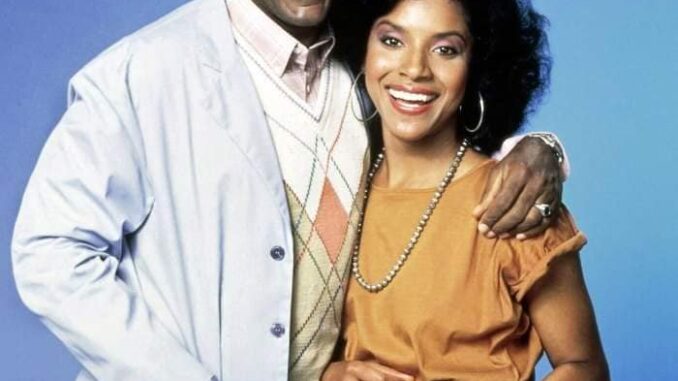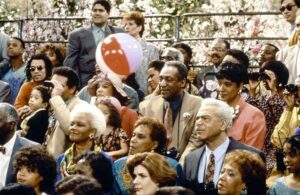
When The Cosby Show debuted 40 years ago, it revolutionized television. As one of the first primetime sitcoms to center around an affluent, loving African American family, it broke new ground both in terms of representation and storytelling. The Huxtables—led by Bill Cosby as the charming, wise, and witty Dr. Cliff Huxtable—became an instant cultural touchstone, redefining the image of Black families on screen and setting a new standard for sitcoms across all genres.
Yet, as we mark its 40th anniversary, The Cosby Show is no longer remembered just for its trailblazing role in TV history. Over time, the show’s legacy has become deeply complicated by the dark shadow of Cosby’s personal fall from grace. In 2018, the actor was convicted of sexual assault, forever altering how we view the cultural significance of a show that once epitomized family-friendly television.

Now, four decades later, the question lingers: Can we still celebrate the groundbreaking impact of The Cosby Show without reckoning with the man behind it? As the show enters its 40th year, we are forced to reconcile its monumental contribution to media with the haunting legacy of its creator’s actions.
In this retrospective, we revisit the highs and lows of The Cosby Show’s cultural impact—its portrayal of Black excellence, its iconic status, and the difficult truths about its creator. The show’s comedic brilliance and heartfelt moments still resonate, but its place in TV history has undeniably changed. It’s a celebration—and a cautionary tale—all in one.